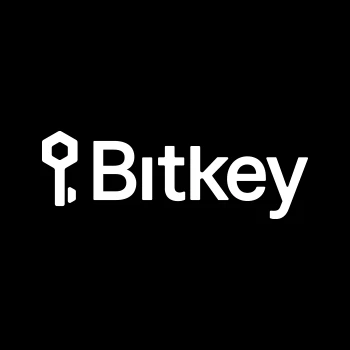Key Takeaways
- Blockchain foundations are directing hundreds of millions of dollars to crypto treasury companies.
- Supporters of the concept include the Avalanche Foundation, the Injective Foundation, and TRON DAO.
- Emerging treasury plays plug public market capital into crypto ecosystems.
In a bid to boost demand for tokens, blockchain foundations are increasingly throwing their weight behind crypto treasury companies
The Avalanche Foundation, the Injective Foundation, and TRON DAO are among those that are spending hundreds of millions of dollars to buy their own tokens.
New Trending Crypto Wallet Offers
Sponsored
Disclosure
We sometimes use affiliate links in our content, when clicking on those we might receive a commission at no extra cost to you. By using this website you agree to our terms and conditions and privacy policy.

DISCLAIMER:
Don’t invest unless you’re prepared to lose all the money you invest. This is a high-risk investment and you should not expect to be protected if something goes wrong. Take 2 mins to learn more.

From Token Buybacks to Crypto Treasuries
Buybacks have long been used by crypto projects to remove tokens from circulation, either locking them up or burning them to prop up the asset’s price.
In recent months, however, blockchain foundations have turned to a new vehicle, crypto treasury companies, to buy back their tokens.
Leading the charge, in June, Tron Inc., a private company closely associated with TRON DAO, gained a foothold on the Nasdaq via a merger with SRM Entertainment.
The newly merged company then moved to issue securities worth up to $1 billion to fund TRX purchases.
Unlike the previous generation of token buybacks, emerging treasury plays don’t rely on venture capital funding or deplete foundations’ reserve funds. Instead, crypto projects are increasingly tapping into public markets to fund purchases.
Seeking Public Market Capital
On Sep. 8, the Injective Foundation led a $100 million private placement into Pineapple Financial, seeking to turn the New York Stock Exchange-listed company into the first INJ treasury firm.
As part of the deal, Injective Foundation executives will join Pineapple’s advisory board to guide its treasury approach.
By driving up demand for INJ and creating a proxy for the token on the NYSE, Pineapple’s strategy will create a “powerful flywheel for the Injective ecosystem,” the foundation said in a statement .
The latest blockchain foundation to jump on the crypto treasury bandwagon is the Avalanche Foundation.
According to the Financial Times , the non-profit group behind Avalanche is in talks to create two U.S.-listed treasury companies that will invest in AVAX.
One proposed deal would raise up to $500 million via a special purpose acquisition vehicle sponsored by Dragonfly Capital. The other would resemble Injective’s approach, raising up to $500 million through a private investment in an existing Nasdaq-listed company.
Even if crypto treasury companies don’t receive direct investment from blockchain foundations, their endorsement can still be valuable.
For example, after the Solana Foundation endorsed a plan by Galaxy Digital, Multicoin Capital and Jump Crypto to pursue a SOL treasury strategy, the venture managed to close a $1.65 billion private placement that will finance Solana’s largest treasury company yet.
Diversifying Treasury Assets
With blockchain foundations emerging as a powerful force in the burgeoning crypto treasury space, public companies are diversifying the digital assets they keep on their balance sheets.
While Bitcoin and Ether remain the most popular treasury assets, investment and strategic support from blockchain foundations is driving corporate interest in a range of altcoins.
Non-profit foundations aren’t the only ones that have an interest in promoting altcoin treasuries.
For example, Binance’s venture arm, YZi Labs, contributed to a $500 million private placement that the Nasdaq-listed CEA Industries will use to acquire BNB.
The investment reflects the crypto exchange’s deep ties to the BNB ecosystem, even though the blockchain has formally moved to a more open-source, community-driven development model since it was initially incubated by Binance.
Was this Article helpful?
#Injective #Tron #Avalanche #Foundations #Pump #Hundreds #Millions #Treasury #Firms